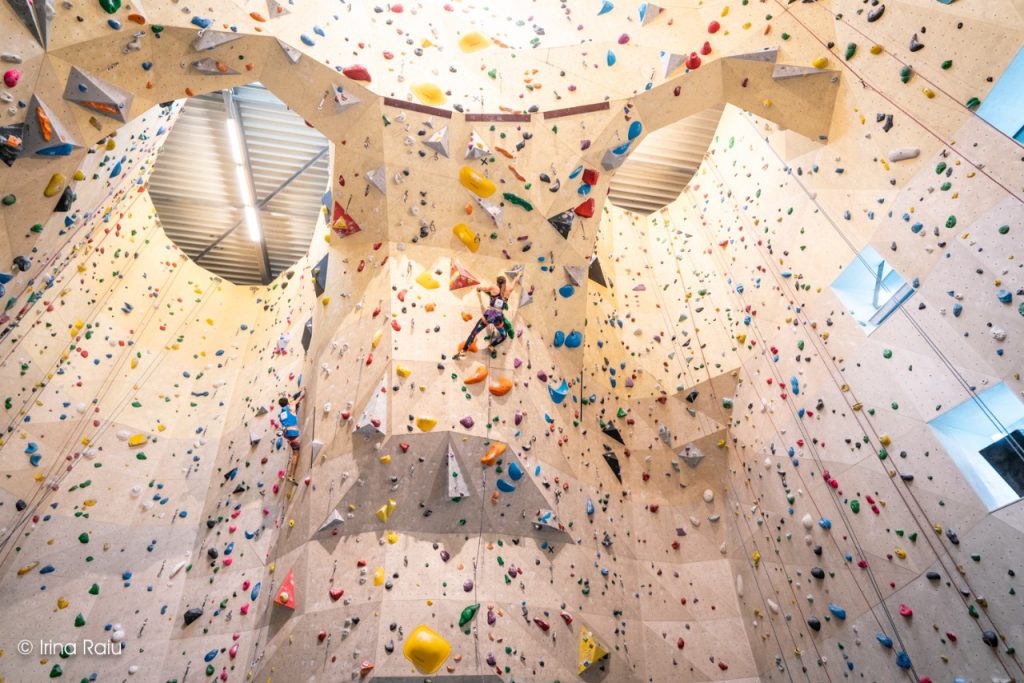Climbing courses offer organized understanding activities for persons eager to investigate the straight world. These classes focus on climbers of levels, from beginners getting their first measures on the wall to seasoned masters seeking to improve their abilities or handle new challenges. An average of, climbing classes were created and led by experienced instructors who share their knowledge, expertise, and passion for hiking to participants.
The curriculum of a hiking course frequently covers a wide variety of matters essential for secure and satisfying climbing. Newcomers may possibly understand essential abilities such as for instance tying knots, belaying practices, proper gear usage, and basic hiking movement. Intermediate courses may explore into heightened subjects like lead climbing, point creating, route reading, and chance management. Sophisticated courses might focus on specialized methods for various kinds of climbing, such as for example trad hiking, game climbing, or bouldering, as well as sophisticated relief and self-rescue skills.
Hands-on training is a main part of hiking courses, enabling participants to apply what they’ve learned in a managed environment beneath the guidance of instructors. Hiking gyms, outdoor crags, and particular teaching facilities provide an ideal sites for useful ability development. Players receive individualized feedback and instruction from instructors, helping them improve their practices and construct confidence on the wall.
Beyond complex abilities, climbing classes usually emphasize crucial aspects such as climbing ethics, environmental stewardship, and risk assessment. Players find out about Leave No Track concepts, responsible outdoor conduct, and the significance of keeping climbing areas for potential generations. Also, they obtain insights into the psychological facets of climbing, such as purpose placing, overcoming concern, and sustaining concentration and focus throughout tough climbs.
Many hiking programs also offer opportunities for community making and camaraderie among participants. Hiking is inherently a social task, and classes supply a supportive setting wherever climbers can join, reveal experiences, and motivate one another to push their limits. Whether it’s cheering on a fellow climber because they tackle an arduous way or celebrating accomplishments together at the end of the program, the feeling of camaraderie fosters a powerful feeling of belonging within the hiking community.
Security is paramount in climbing, and hiking courses prioritize training participants how to assess and mitigate risks effectively. From correct equipment inspection and preservation to emergency procedures and interaction standards, members learn necessary safety techniques that are vital for a secure climbing experience. Instructors instill a culture of protection consciousness and enable participants to make educated conclusions while climbing independently.
Hiking courses frequently provide a pathway for persons interested in seeking hiking as a vocation or becoming qualified instructors themselves. Certification programs and mentorship possibilities provide ambitious instructors with the training and guidance they have to train hiking abilities efficiently and responsibly. Through a mix of class training, realistic experience, kurs wspinaczkowy mentorship, members obtain the knowledge and self-confidence to lead climbing programs and share their passion for climbing with others.

In conclusion, climbing courses offer important understanding activities for climbers of all levels, providing a organized pathway for skill development, particular development, and community engagement. Whether it’s mastering basic practices, refining advanced skills, or seeking a career in hiking instruction, individuals benefit from expert instruction, hands-on training, and a supporting learning environment that fosters a lifelong passion for climbing.
